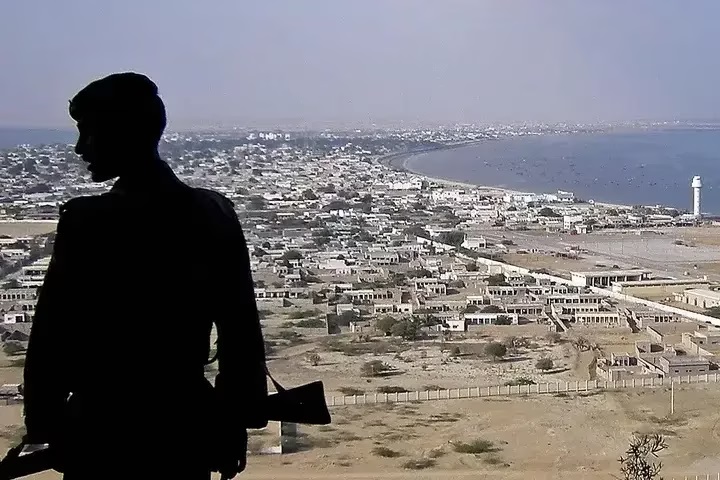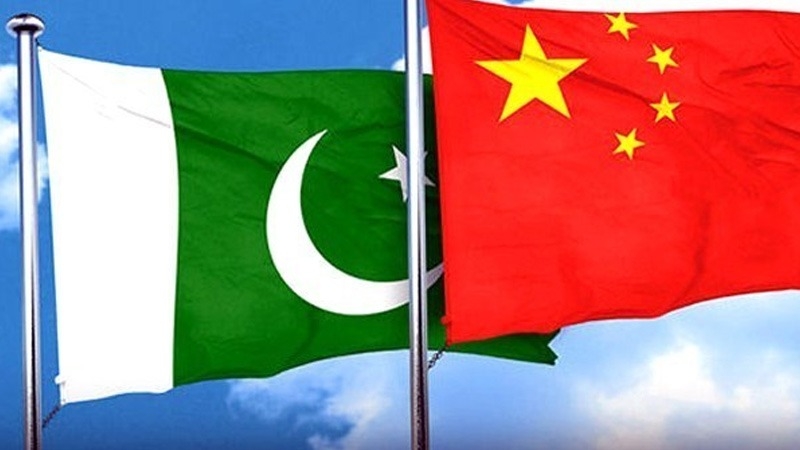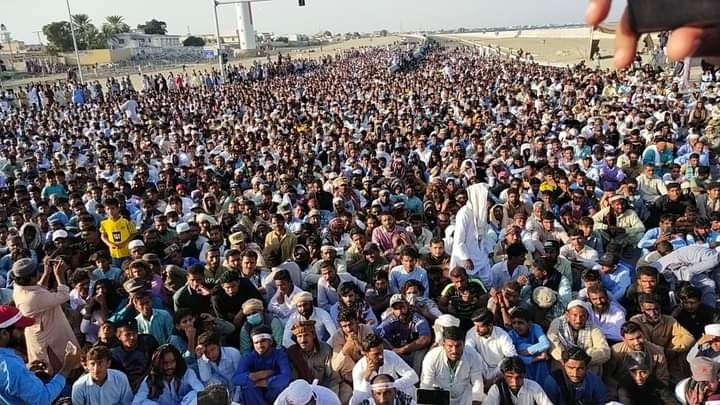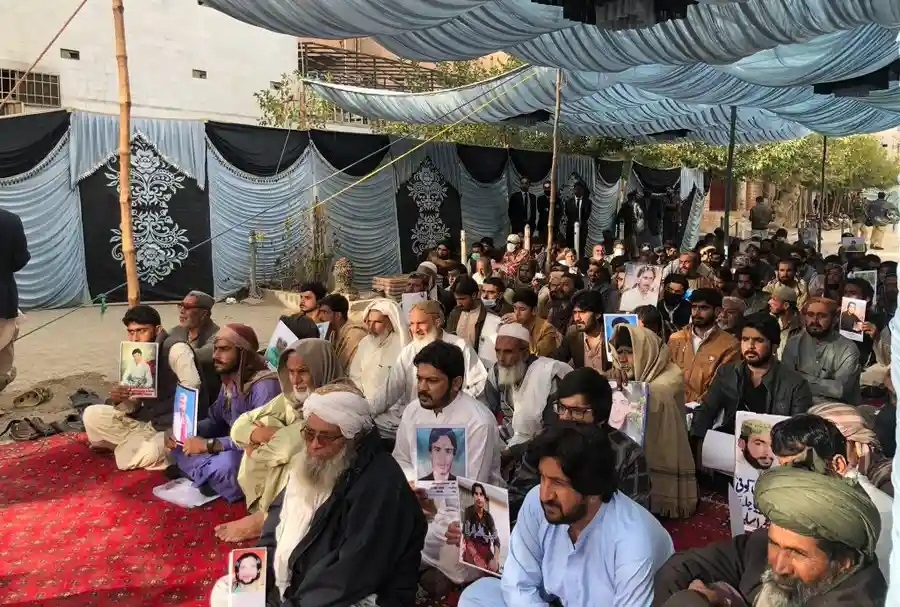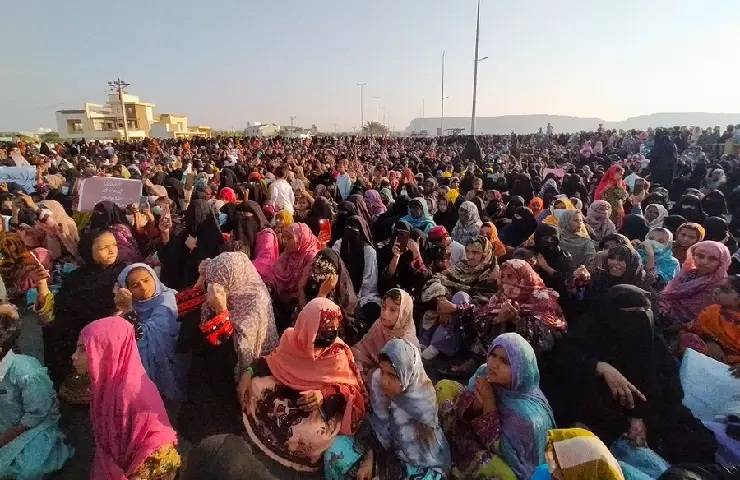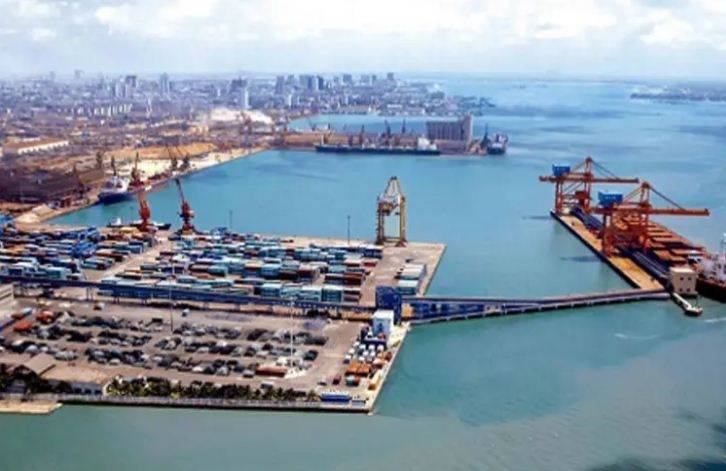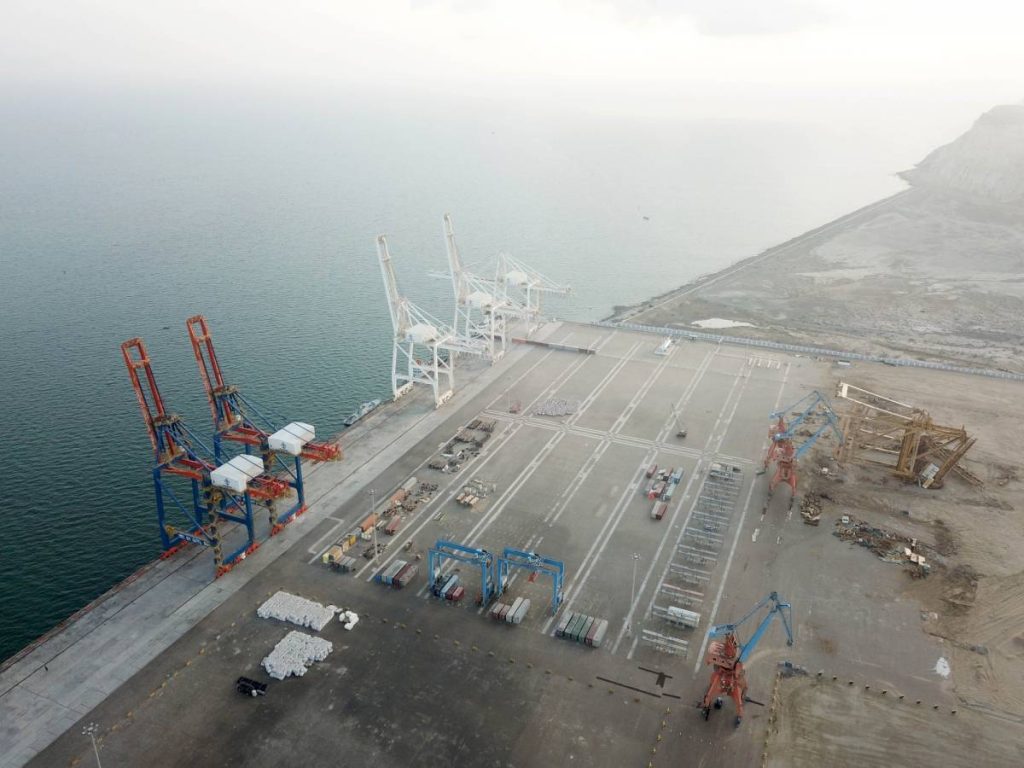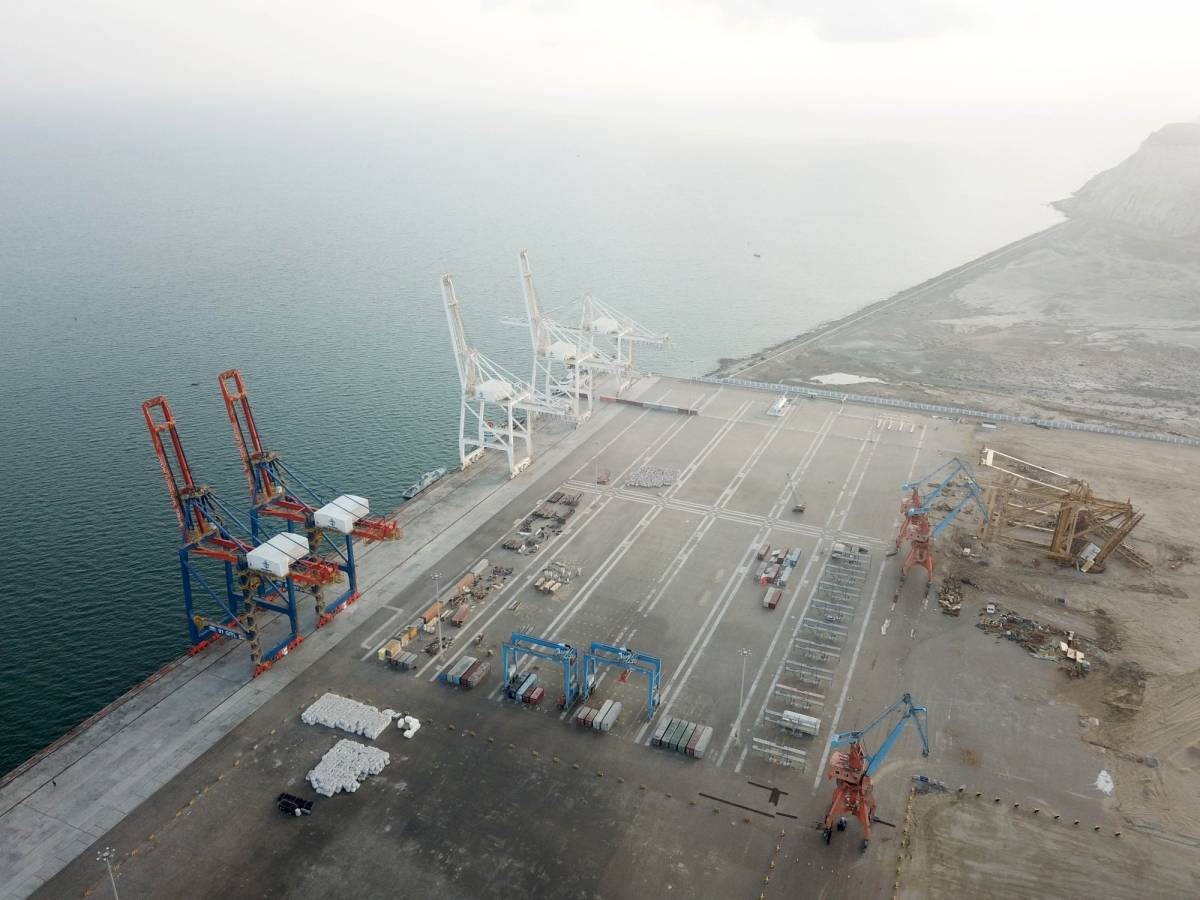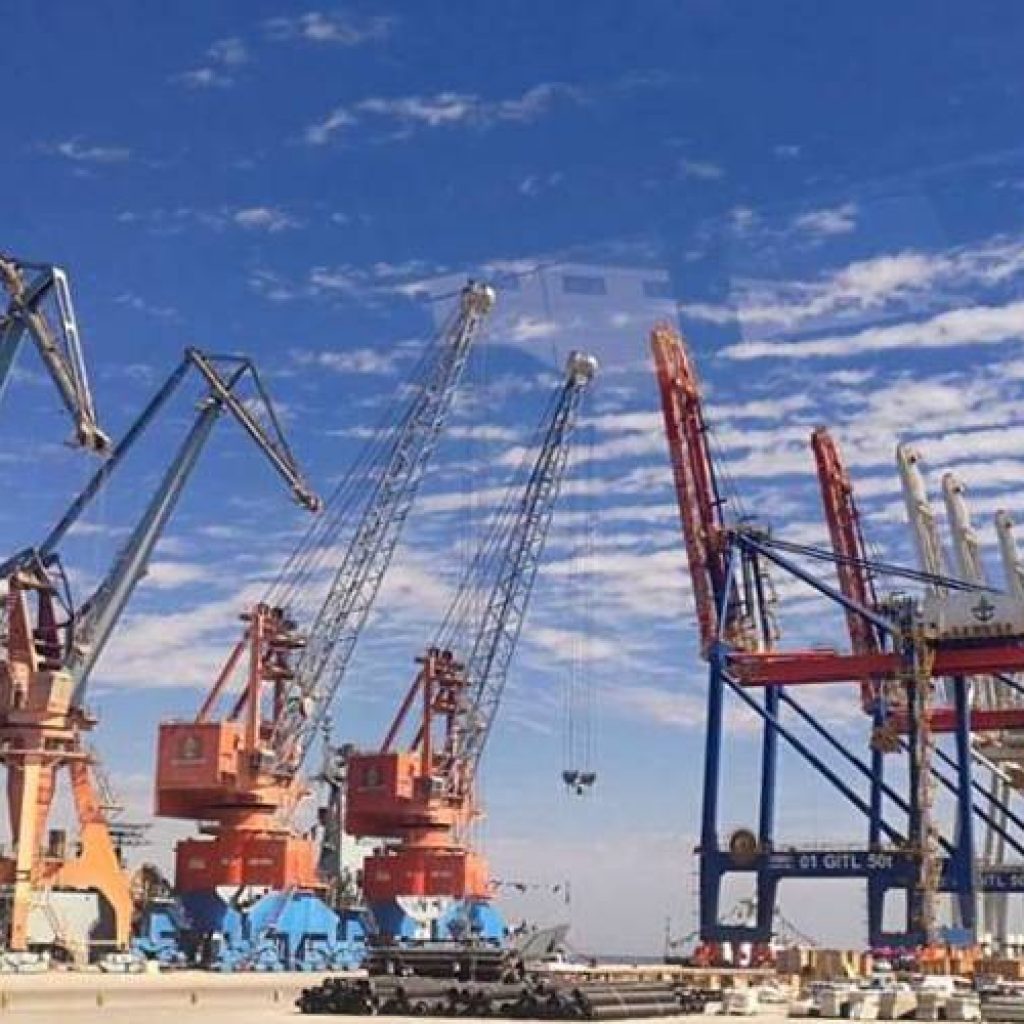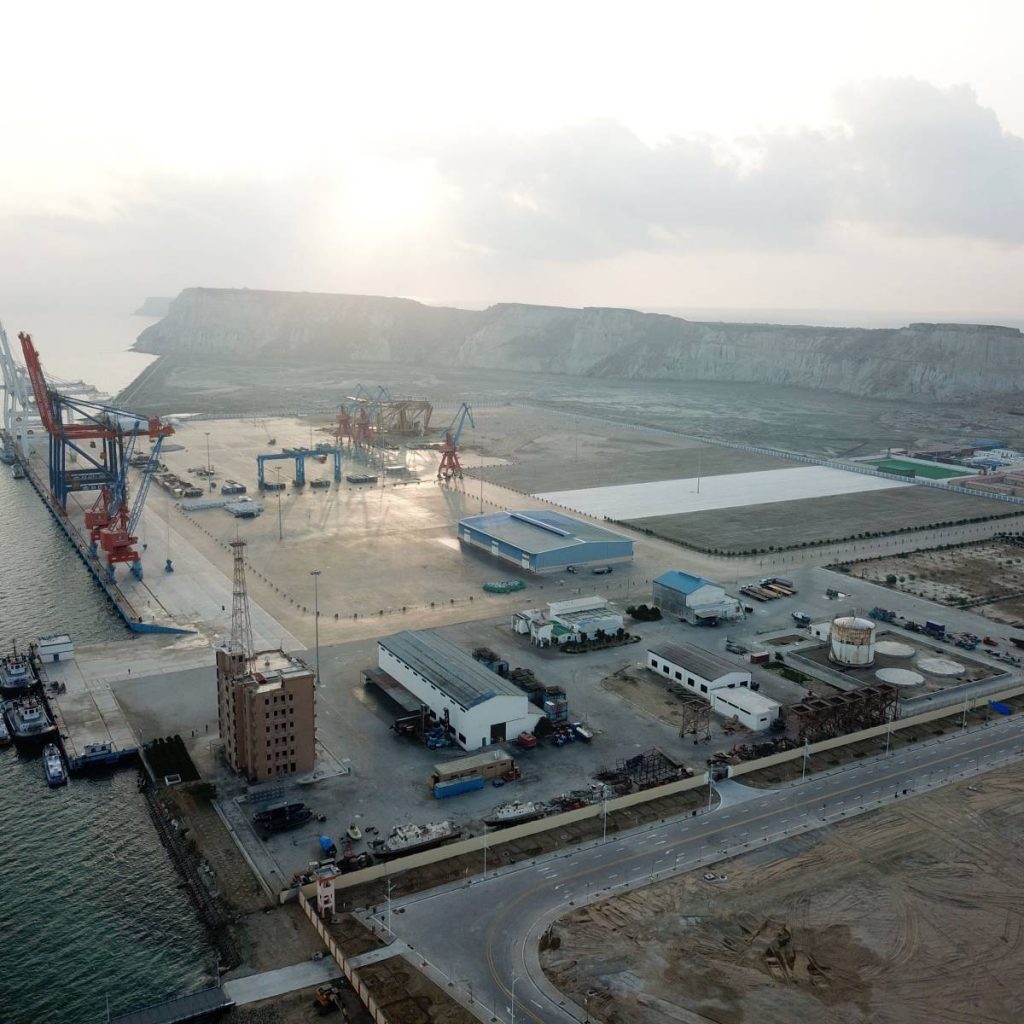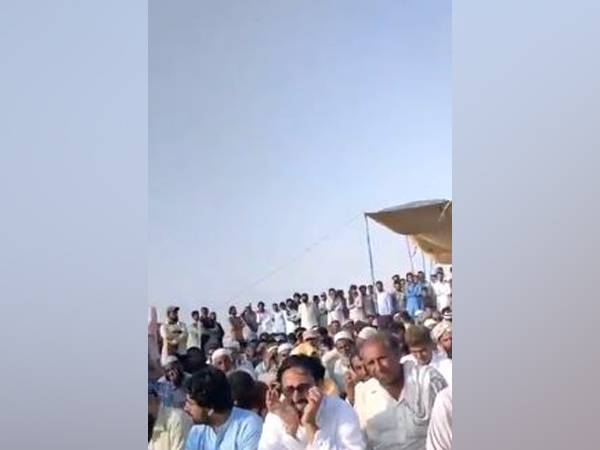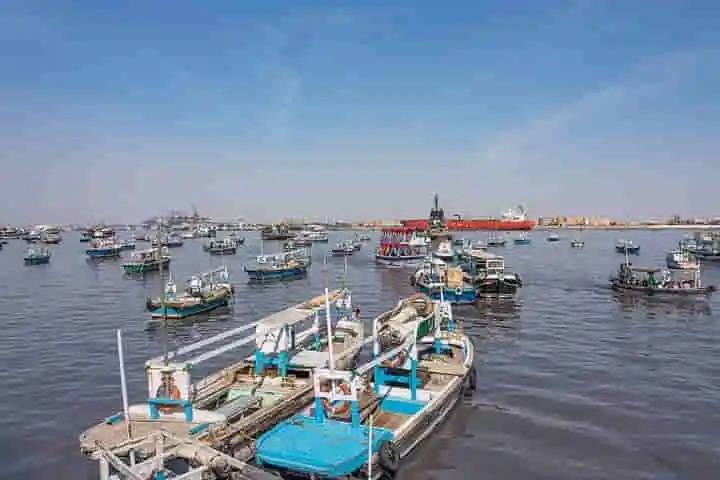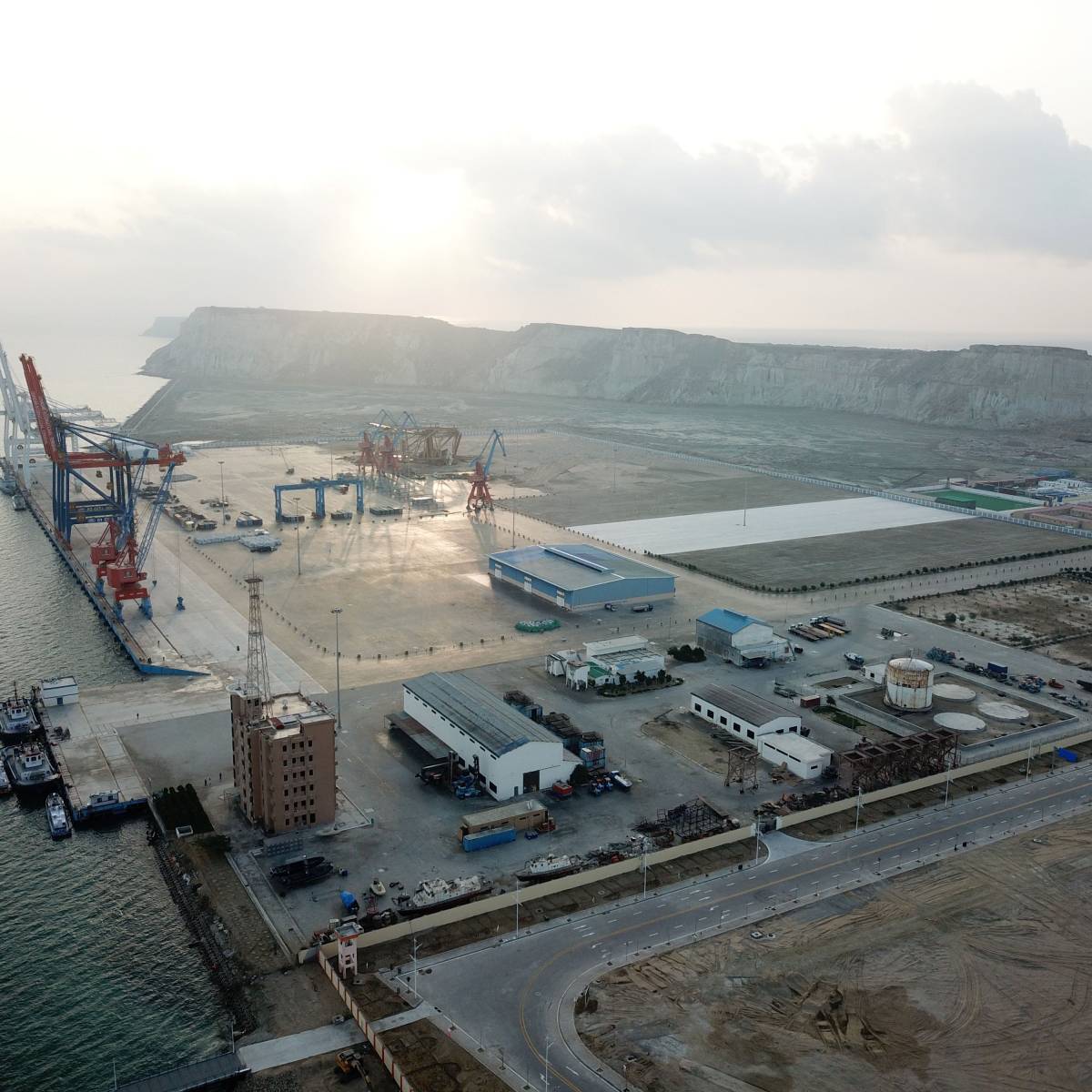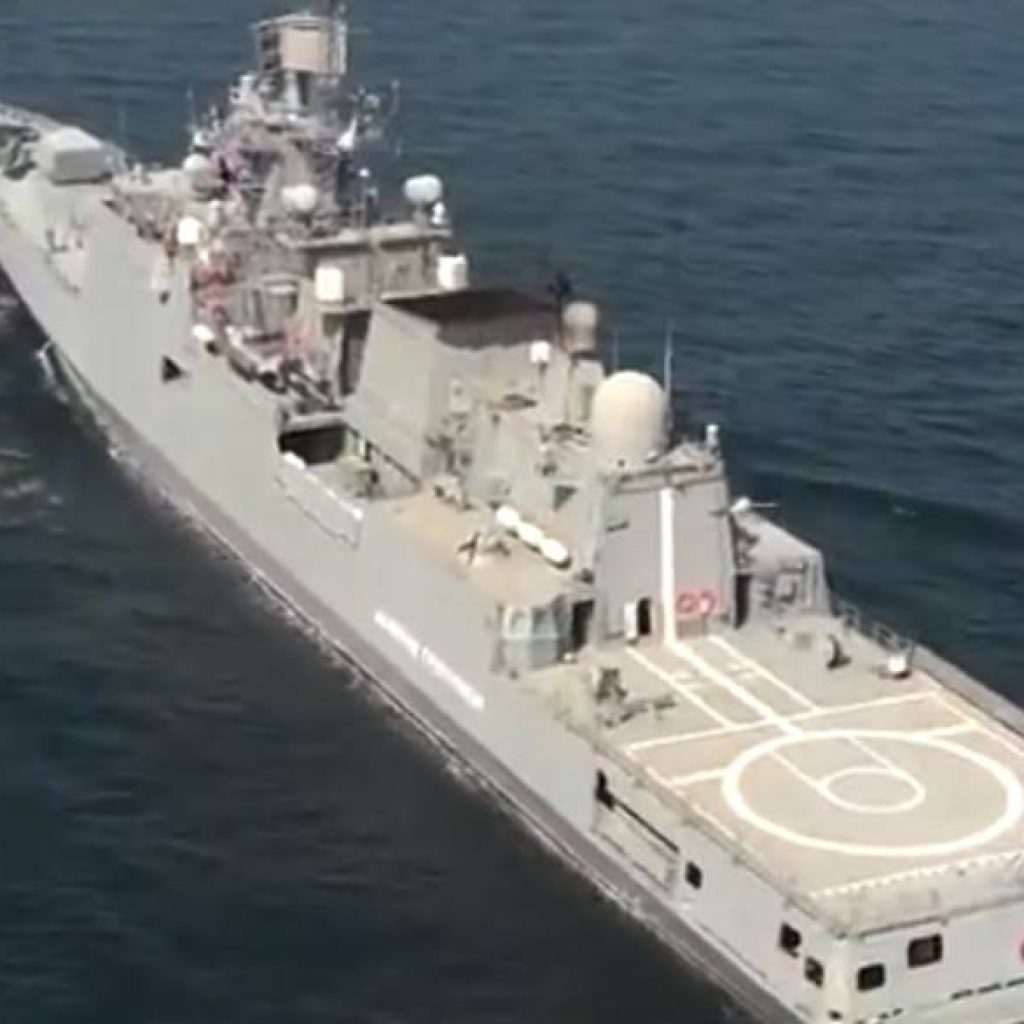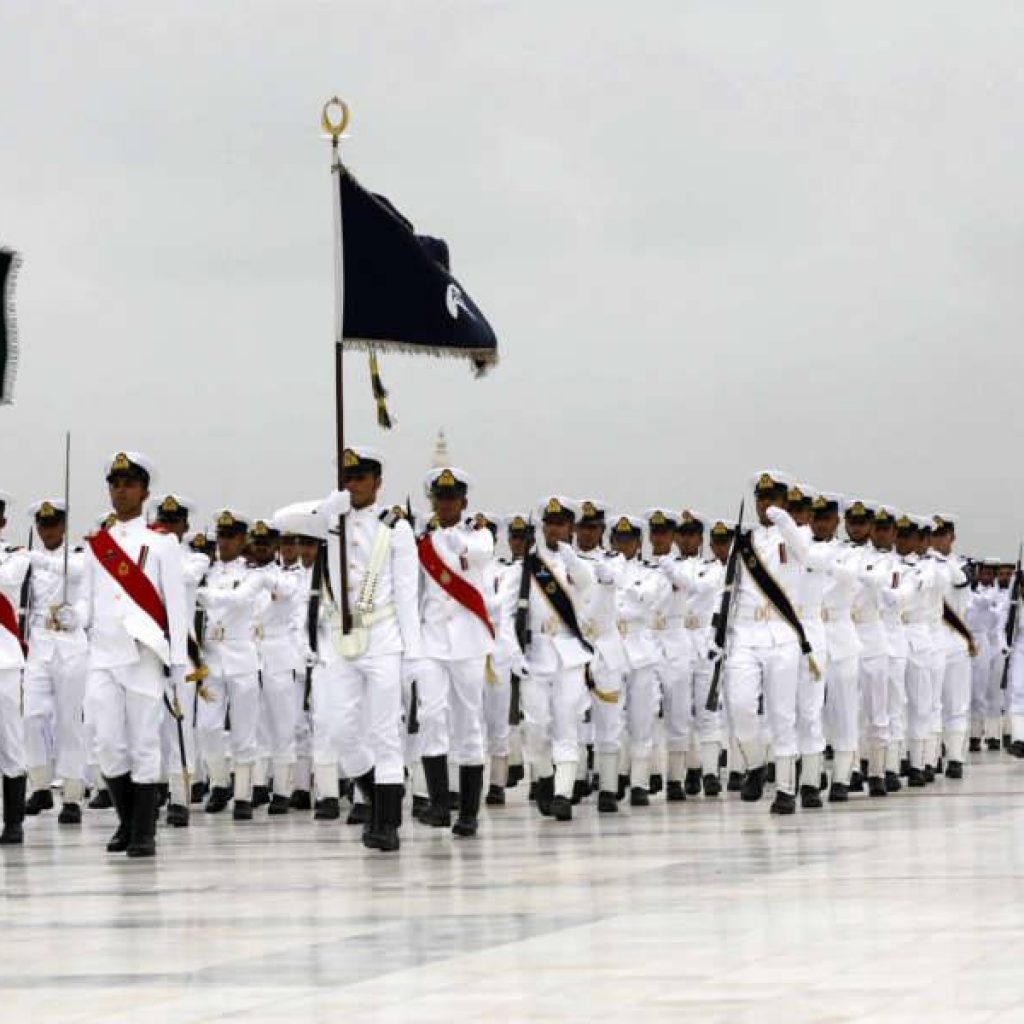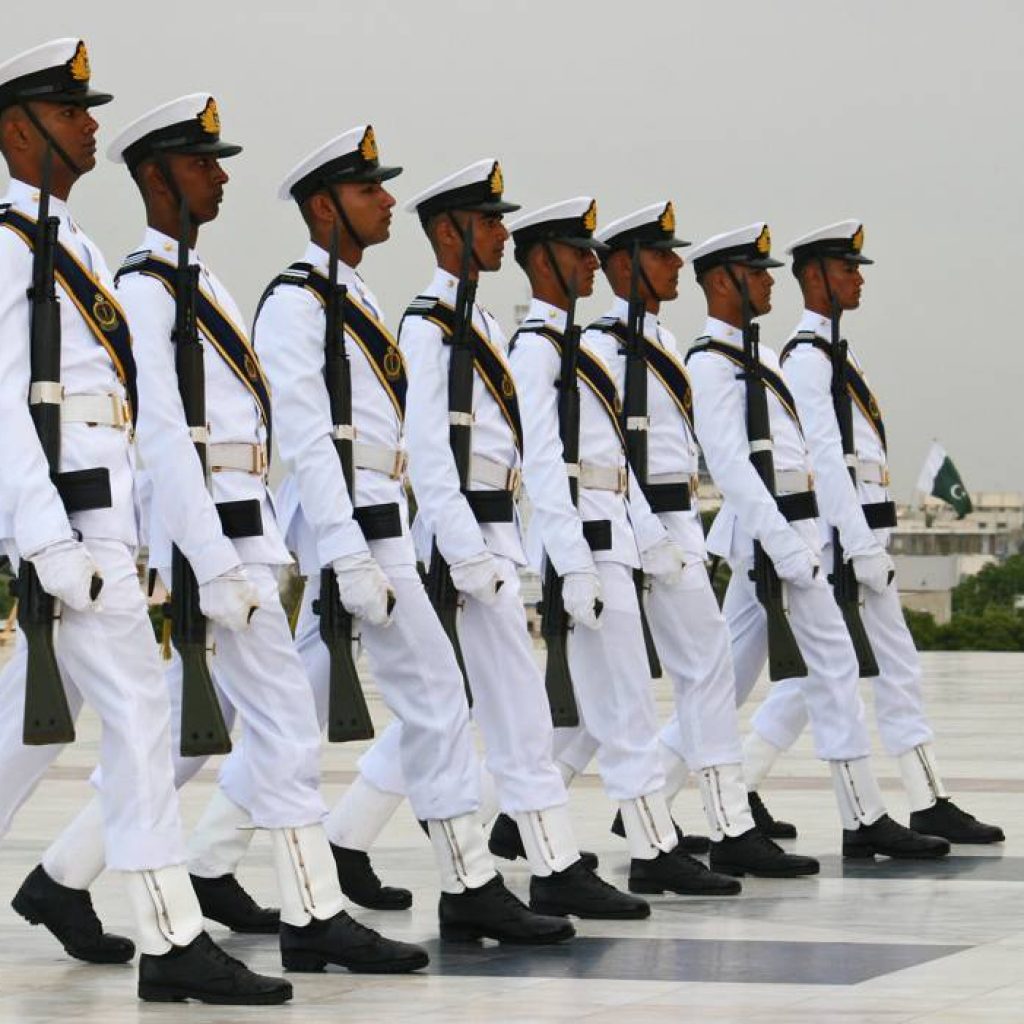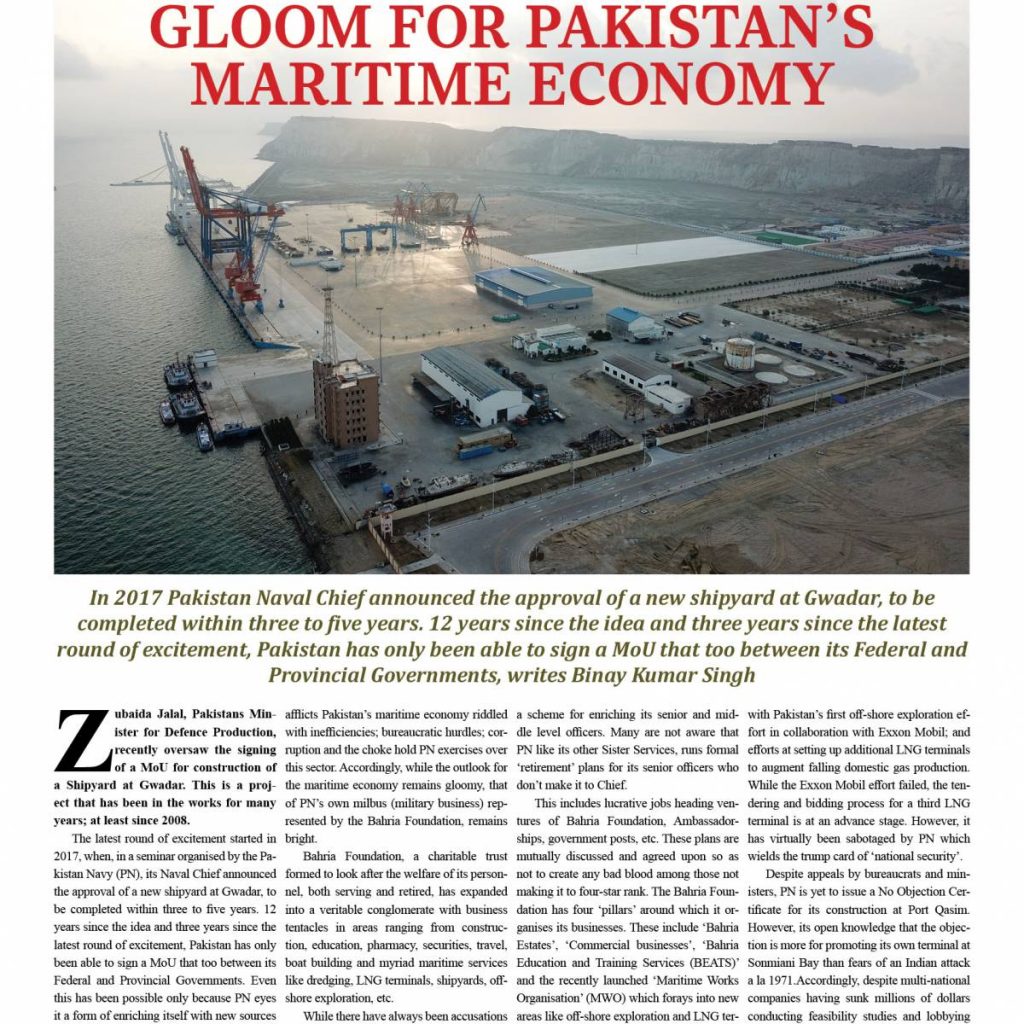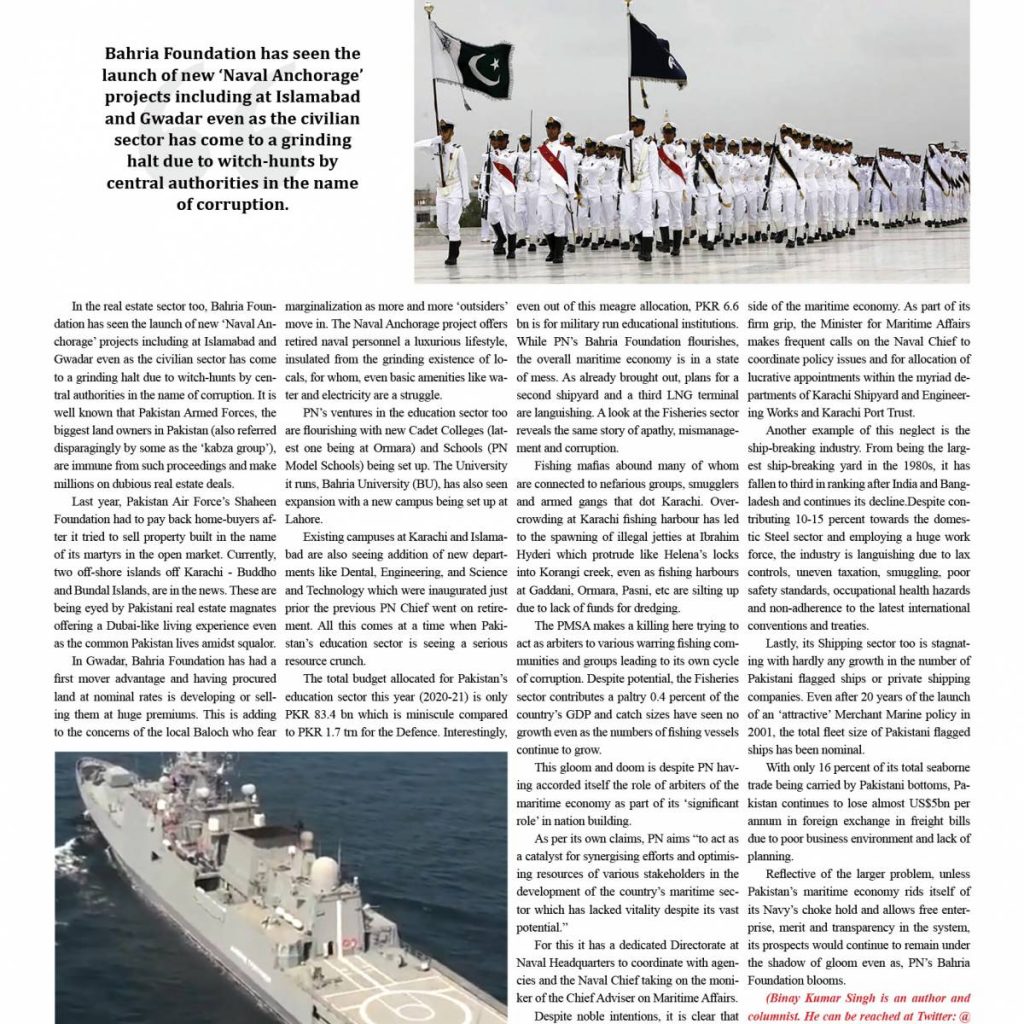Baloch organisations say China is interested in building military ports at Jiwani and Sonmiani while the one at Gwadar is most likely to remain a part for commercial purposes, reports Rahul Kumar
So, how many ports is China building in Pakistan’s conflicted province Balochistan? Surprisingly, it could be as many as three and all in Pakistan’s poorest province of Balochistan.
For the world, it is the Gwadar port that is in the spotlight. However, Baloch organisations say China is interested in building military ports at Jiwani and Sonmiani while the one at Gwadar is most likely to remain a part for commercial purposes.
The Jiwani port lies barely 35 kms from the Iran border to Pakistan’s west while Sonmiani lies in the opposite direction as it is located in the Baloch industrial township of Hub, close to Karachi — one of the biggest commercial ports in Asia.
India Narrative speaks with Jamal Nasir Baloch, the head of Foreign Affairs department of the Free Baloch Movement (FBM) — a political party seeking to regain independence for a Baloch nation usurped by Pakistan in March 1948.
Baloch says: “China is keen to construct a naval base in Jiwani which is sandwiched between Iran and Gwadar, and also build a submarine base in Sonmiani in Balochistan near the commercial port of Karachi”. He adds that Gwadar, which has been speculated to be a military port for China in global eyes, is likely to remain a commercial port.
Islamabad had given away Gwadar to the Chinese State-owned China Overseas Port Holding Company (COPHC), the builder of the Gwadar port, under a 40-year lease in 2017. COPHC had been building the port under President Xi Jinping’s ambitious initiative to link China and Pakistan through a vast network of roads, railway, pipelines and power projects under the $62 billion China Pakistan Economic Corridor (CPEC).
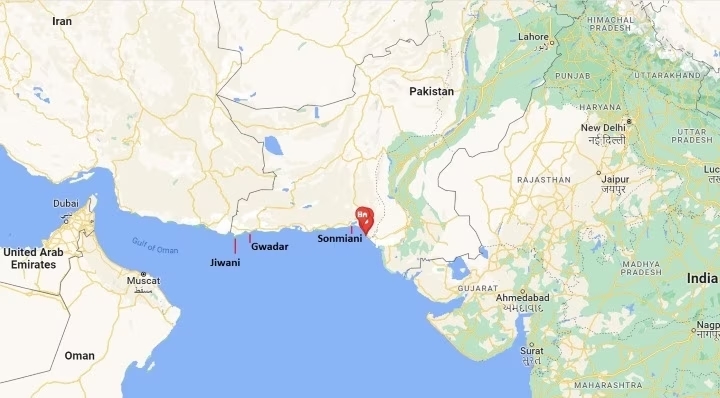
Baloch says: “We believe that Gwadar port is for the benefit of China which wants to protect its energy interests by bypassing the Malacca Strait. Therefore, to be able to protect its energy and commercial interests in Gwadar, China wants two more — a naval base in Jiwani and a submarine base in Sonmiani”.
Both the ports will be on either side of the Gwadar port, lending it the security Beijing needs to secure its energy supplies from the Gulf region, just in case regional powers in South Asia and South-East Asia block the Malacca Strait with support from Western powers.
Baloch says that it was in 2018 that more than a dozen Chinese PLA officers met officers of the Pakistani Army in Jiwani. “China regularly sent batches of military officers to Jiwani and took soil samples as well”. The plans were to build a wall and cordon off the entire peninsula after relocating the local people from Jiwani.
Regarding China’s submarine base in Sonmiani, which lies to Pakistan’s east, Baloch says this lagoon is suitable for an underground submarine base as it offers added protection. “It is a naturally secure area”, he emphasises.
Sonmiani is also important because it is close to Balochistan’s industrial town of Hub and boasts of the Sonmiani flight test range from where Pakistan has been test-firing its nuclear-capable ballistic missiles.
Baloch adds that despite the initial research and travel by Chinese military officers, China stopped the construction in both Jiwani and Sonmiani after Beijing noticed a financially-strapped Islamabad slide towards the West.
“But we think that the stoppage of work on the ports is only temporary. China is waiting for stability to return to the Pakistani foreign policy so that it can reassure itself that Islamabad is tilting back towards Beijing. Thereafter it will begin work on the two military ports”, Baloch stresses.
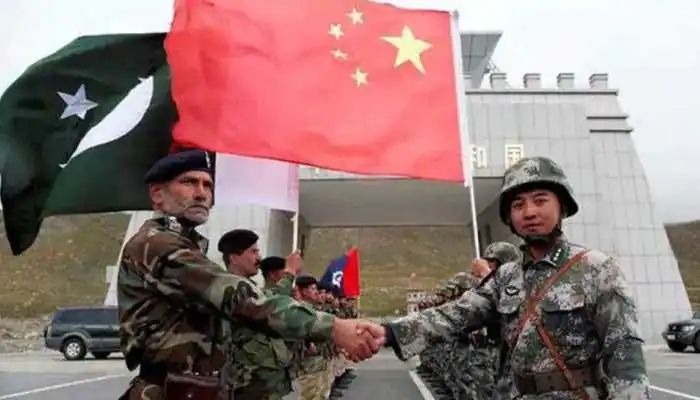
The FBM activist says that the Baloch believe that the West will not be able to prevent Pakistan from gravitating towards China because most of the Pakistani Army officers, except the senior-most officers, hate the US. Another reason for his confidence is that China has been making efforts to bring Iran and Pakistan closer against the Baloch community — currently the only opposition to Chinese ports and CPEC investment.
With the Baloch community scattered on both sides of the border, called the Goldsmith Line, and maintaining close ties, the two nations are weary. Moreover, the Baloch armed groups have provided stout resistance to the Pakistani Army, killing dozens of soldiers in almost daily, and sometimes audacious, attacks.
Underscoring that all three ports are being built by China in Balochistan against a simmering local sentiment, Baloch says, “China has provided drones for attack, forensic support as well as surveillance tools to the Pakistani security forces against us. Just think, why is China investing so many billions in a place where there is no drinking water or power supply but ample hostility?”
(The content is being carried under an arrangement with indianarrative.com)
ALSO READ: China, Pakistan, Khalistan: A Surprising Alliance

